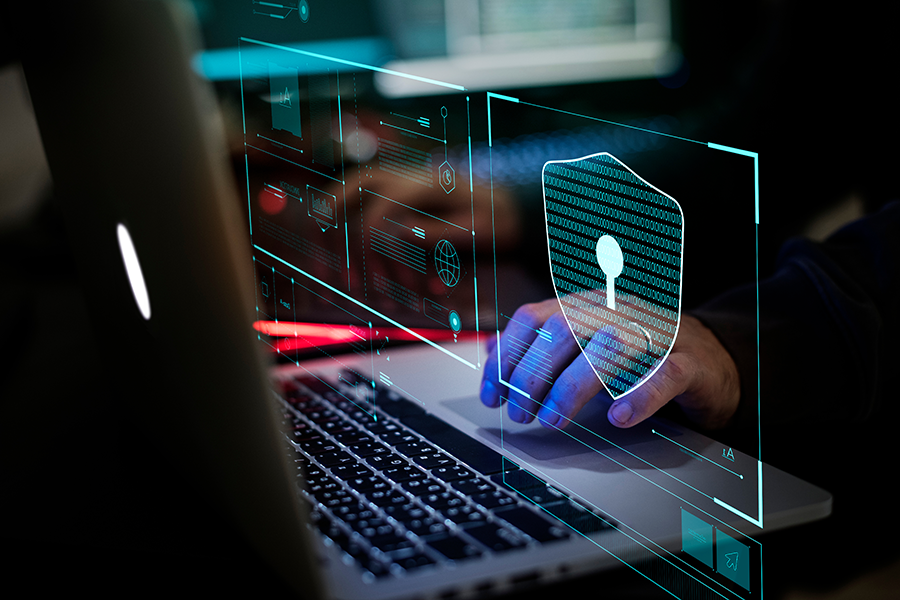Considerations for Evaluating
Docker Alternatives
Download the Datasheet
Get Started
Developers love using Docker Desktop for all the best reasons: it’s easy to use, it accelerates productivity, and it eliminates the toil of setting up complex environments for building modern applications.
And while Docker Engine is sometimes viewed as a drop-in DIY (do-it-yourself) alternative for Docker Desktop, it’s important to understand that there are vast differences between the two, and that going it alone might not be as simple – or economical – as it seems.
Considerations for Docker Desktop alternatives

Total Cost of Ownership (TCO):
According to a recent Gartner note: “If you are looking at alternative solutions, you must include the opportunity cost of using this solution for your engineering resources. For example, a 100-seat annual subscription to Docker Business without any discounts is currently $25,200. Supporting 100 seats with an open-source alternative is likely to significantly exceed this cost due to the level of engineering resources required to maintain the solution. If you decide to pursue open-source alternatives, you must ensure doing so is a worthwhile use of your engineering resources.”
Setup and maintenance:
Docker Desktop has a single installer that sets up everything you need to use Docker in seconds making it seamless to develop on your local machine. Docker also maintains and regularly updates Docker Desktop with bug fixes and security updates. DIY Docker alternatives may require engineering resources to install, configure, patch, and maintain all the components and dependencies, as well as setting up the infrastructure to manage this.


Onboarding and ease of use:
Many training courses are available for Docker, from formal certifications to Youtube videos, as well as comprehensive documentation. Docker Desktop includes a simple user interface to manage all settings. DIY Docker alternatives may lack up-to-date documentation and training, increasing the time it takes to onboard new developers.
Security:
Docker Desktop has a lightweight Linux VM that Docker manages for you. As well as setting up this VM, Docker Desktop will keep this VM, and all other components, up to date for you over time by applying kernel patches or other security fixes as are required. DIY Docker alternatives may require engineering resources to keep all components updated and all vulnerabilities patched.


Scalability:
Docker Desktop is a reliable and trusted multi-platform developer tool available on Mac, Windows, and Linux used by many organizations with hundreds or thousands of developers to build, ship, and run modern cloud-native applications in production, at scale. DIY Docker alternatives may require engineering time to build, configure, and maintain stable development environments.
Side-by-side Comparison: Docker Desktop vs DIY with Docker Engine
| DIY Docker Engine on Linux VM on macOS/Windows/Linux |
Docker Desktop for macOS/Windows/Linux |
|
|---|---|---|
| Cloud-native app development tools | ||
| OCI compatible container runtime | ||
| Build immutable OCI images from Dockerfiles | ||
| Command line interface (CLI) for managing container lifecycle | ||
| Integrated Kubernetes runtime and Kubernetes load balancer | ||
| Integrated Docker Compose 2.0 | ||
| Deploy images from desktop to AWS ECS or Azure ACI | ||
| Linux VM | ||
| Supports integration with any Microsoft WSL2 Linux distro | ||
| Integrated with new Apple hypervisor | ||
| Built-in control of local host system resources | ||
| Security | ||
| Automated security patches | ||
| Integrated container image vulnerability scanning | ||
| Local file system access controls with secure defaults | ||
| One click installation, configuration, & maintenance updates | ||
| All dev tools – Docker Engine, Kubernetes, CLI, Build, Compose … | ||
| Consistent across operation systems | ||
| Local host network port mapping from VM to host | ||
| VPN integration for interoperating with remote IPs | ||
| Bind mount files into host VM | ||
| Connect to services on the localhost of the host machine | ||